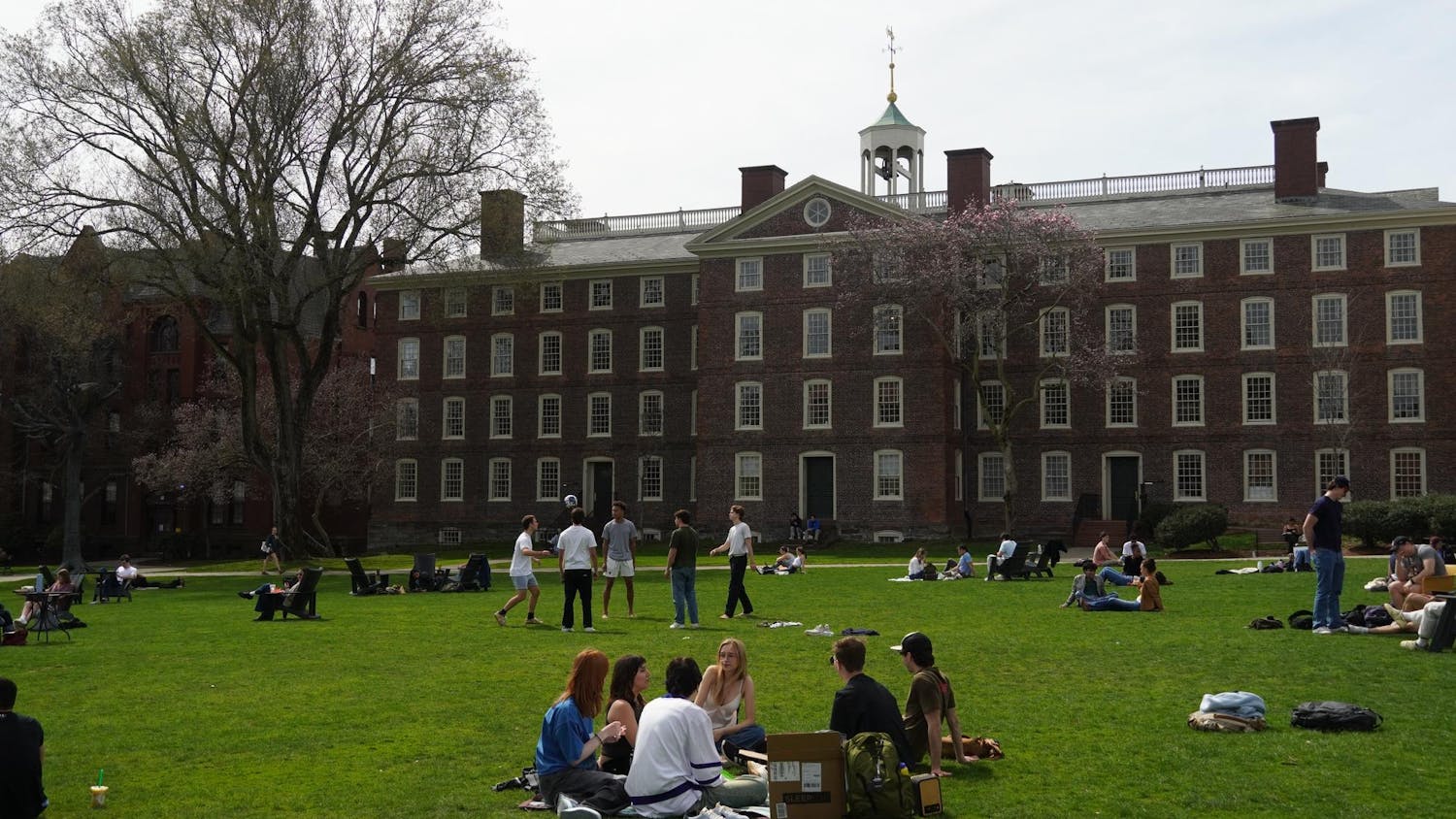For the first time since 2014, AMST 1700X: “Global Macho: Race, Gender and Action Movies” returned to the Brown course catalog for the Fall 2023 semester. Professor of Africana Studies and American Studies Matthew Guterl began teaching the course to examine the relationship between action movies, society and culture.
AMST 1700X covers “the history of the genre, from westerns to alien encounters to revenge and vigilante flicks, focusing on the period between World War II and the present,” Guterl said. He also added that the course discusses “the way that genres travel and move,” as well as how Hollywood, Nollywood, Hong Kong and Mexico City have influenced the action movie genre.
Additionally, the course aims to provide insight into action films within global and social contexts.
Action movies “highlight the intersections of race, class and gender in seemingly unsubtle or unserious ways,” Guterl said. But they also have “powerful, troubling consequences” due to their use of violence as a form of justice. “There’s a long history of visual anti-justice in the U.S. and fascination with vigilantism that is counterproductive to functioning democracy,” he said.
In addition to analyzing films, students recreate an action movie of Guterl’s choosing using mobile phones and resources from multimedia labs on campus. Guterl selected “Die Hard” as this semester’s project for its “clever dialogue,” focus on “masculinity and racial rapprochement” and “repeated callbacks to classic westerns.”
For students, the project offers a creative opportunity to examine action films more deeply. “It’s like making movies at sleepovers with your friends,” said Tai Tworek ’25, who is taking the class. “But obviously, you’re thinking about race and gender more intentionally than you would if you were younger.”
“It is interesting to think about our placement and how to make sure we showcase a certain type of emotion, like urgency or anger,” said Yuna Shprecher ’24, another student in the class.
Shprecher said that the experience illuminates the purpose behind every production choice on a film set. “We decided to have an all-woman cast for a very male-dominated film, and it was really cool to think about what that might mean for the action movie,” she said.
Gender is a key subject of analysis in AMST 1700X, according to Guterl. “We pay particular attention to those movies with female leads, from ‘Coffy’ to ‘Aliens’ to ‘Yes, Madam’ to ‘Resident Evil’ to the recent ‘Prey,’” he said. The goal of doing so is to “better see and understand the central role of gender and sexuality” in action movies, he added.
In the nine years since AMST 1700X was last offered, Guterl has noticed a change in the common knowledge of popular films amongst students. “It’s been wonderful to talk to students about movies that 10 years ago everyone would have seen, and now no one has seen,” he said.
Both Tworek and Shprecher said that they would recommend this class to other students. Shprecher described it as a “class you get a lot of knowledge out of. It’s such a refreshing way to learn about film,” she said.
Tworek said that AMST 1700X was “incredibly interesting” and added that students don’t need to have background knowledge about action films to take the class. She also appreciated that the class is discussion-based — despite its size of 60 students — and said that its combination of film and history “captures the spirit” of Brown’s Open Curriculum perfectly.





